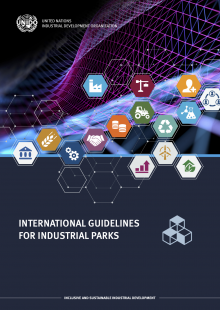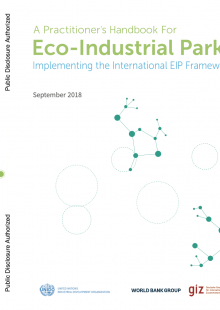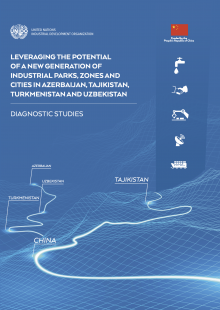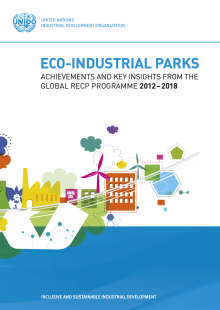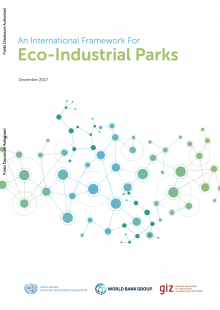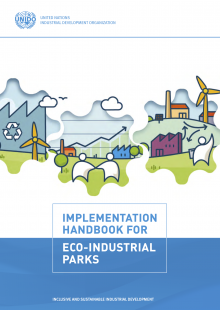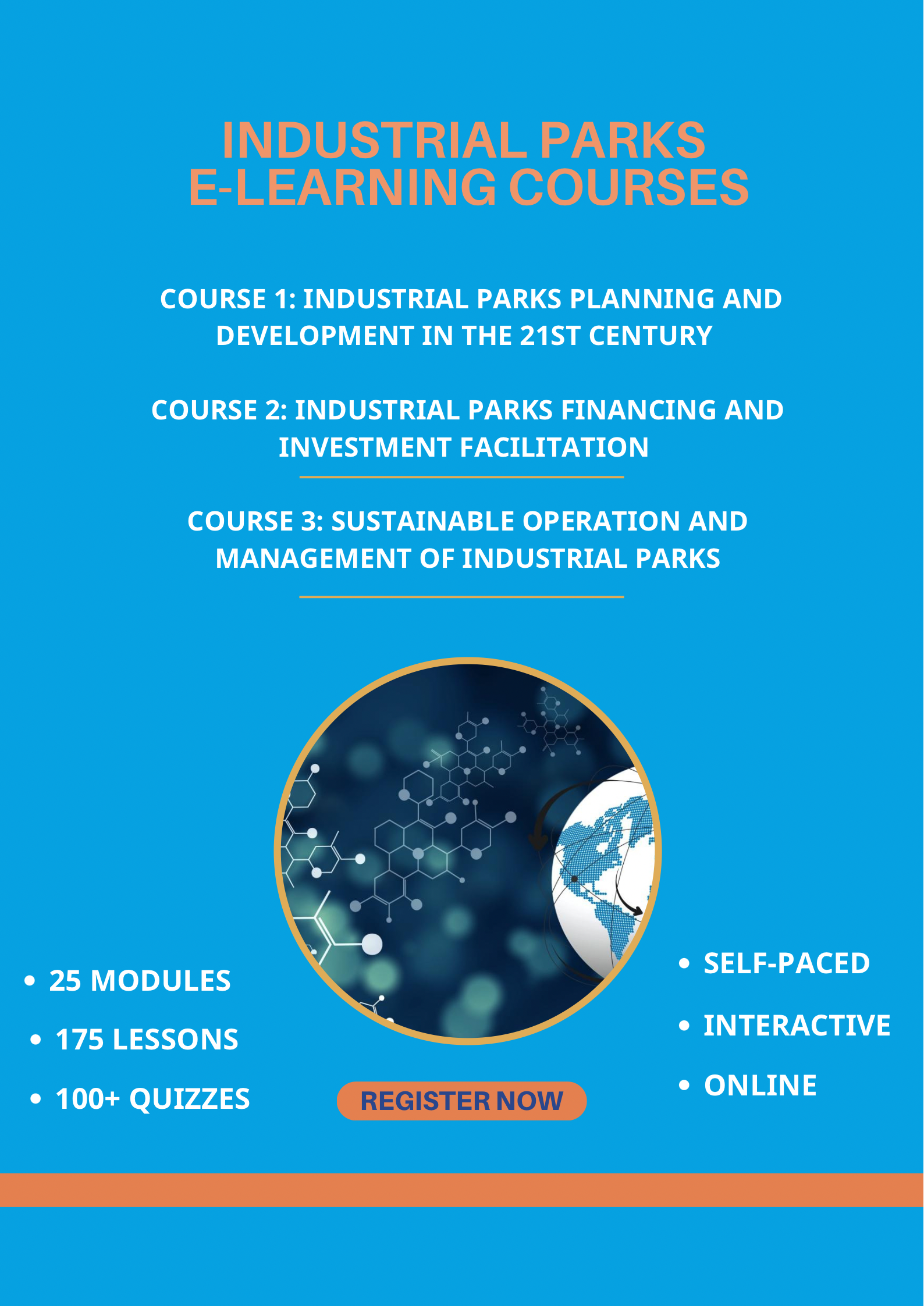P Publication
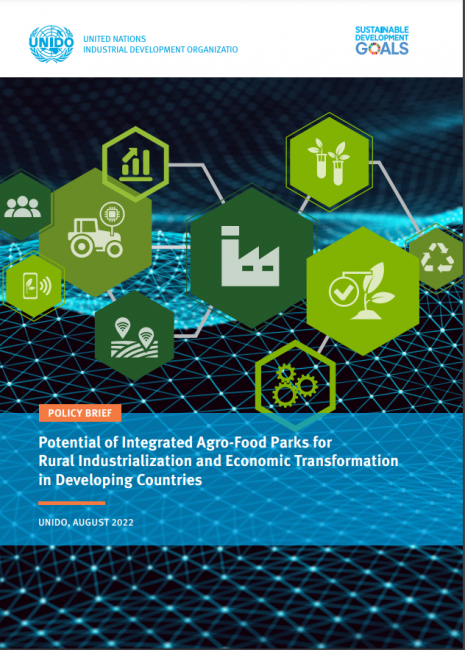
Downloads
Potential of Integrated Agro-Food Parks for Rural Industrialization and Economic Transformation in Developing Countries
Global agricultural supply chains are changing rapidly, yet developing countries still lag behind in terms of agricultural output and other key productivity measures. Achieving the Sustainable Development Goals, including Goal 1 on no poverty, Goal 2 on zero hunger, and Goal 8 on decent work and economic growth, will require the transformation of the agribusiness sector in developing countries, to deal with problems of inadequate infrastructure, poor connectivity and integration of farmers with supply chains, and to respond to changing consumer demand created by an increasing global population and a shift in consumption behavior.
The primary objective of IAFPs is to create investment opportunities in agribusiness. This is facilitated through increased scale and lower costs, more robust supply chain linkages and higher quality produce, by clustering firms through the provision of infrastructure and agribusiness-related services. IAFPs have the potential to have a transformative impact by promoting innovation, contributing to climate-smart agricultural production, processing and marketing, while further integrating rural producers in regional and global supply chains, thus supporting rural development.
Theme
2030 Sustainable Development
Sustainability
Sector
Agro-Industrial Parks
Agro-Processing
Source
UNIDO
Type
Publication
Suggested publications
Leveraging the Potential of a New Generation of Industrial Parks, Zones and Cities in Azerbaijan, Tajikistan, Turkmenistan and Uzbekistan
Contact us
UNIDO cross-disciplinary team on industrial parks (CDTIP)
Vienna International Centre
sipp@unido.org


